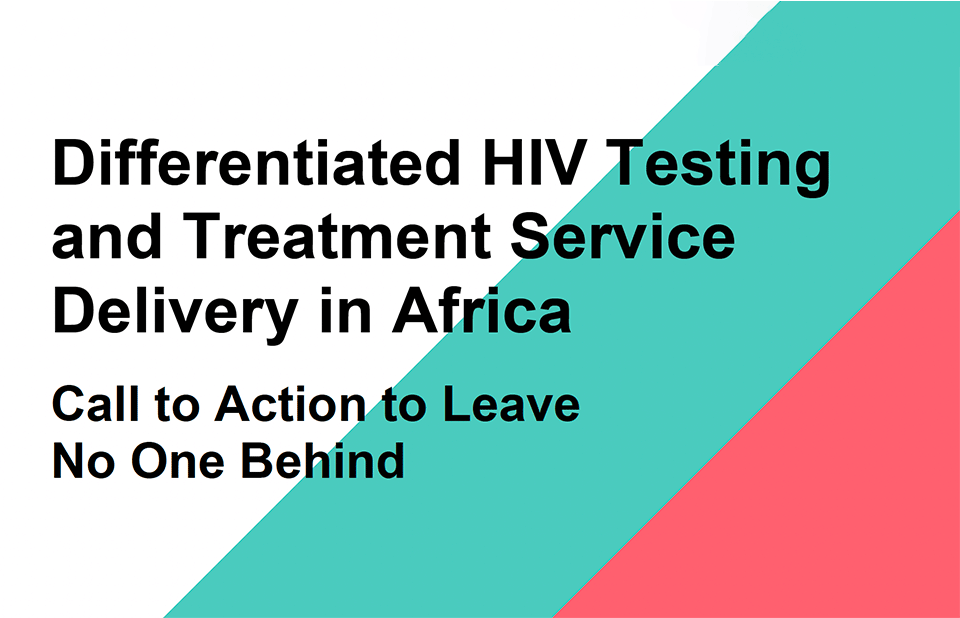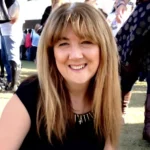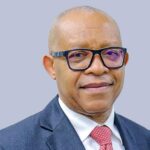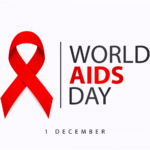Revolutionizing HIV Care: Differentiated Service Delivery Transforms Lives in Rivers State

In 2009, Floral Okon’s world took an unexpected turn as she embarked on a journey she hadn’t anticipated – an HIV diagnosis that altered the course of her life. Preparing for her wedding, she and her fiancé underwent mandatory HIV screening, a church requirement. Naively interpreting “positive” as a favorable outcome, she soon discovered the harsh reality. Her fiancé, testing negative, abandoned their nuptial plans, leaving her to navigate a new reality alone.
Floral’s story, though challenging, is one of resilience and triumph. Armed with antiretroviral therapy, she embarked on a path towards health and happiness. Through rigorous adherence and a suppressed viral load, she not only found love anew but also became a mother to HIV-negative children. This transformation embodies the potential of proper medical care in managing HIV – a virus that, if untreated, can escalate into the debilitating AIDS.
Behind this narrative lies a groundbreaking initiative that has catalyzed a sea change in HIV treatment. It’s known as Differentiated Service Delivery for HIV Treatment (DSD ART), a client-centered approach that has revolutionized access to care. Formerly, obtaining medical attention and medication was a cumbersome process, demanding time off work and multiple visits to health facilities. But DSD ART, championed by the Nigerian government since 2019, has redefined the landscape.
Floral’s journey mirrors the experiences of countless others across Nigeria, where collaboration among stakeholders, including PEPFAR, Global Fund, and civil society organizations, has yielded eight health facilities and six community-based DSD ART models. This strategy – shifting from a “one size fits all” paradigm to tailored services – has not only lightened the load on healthcare providers but has also reinvigorated the lives of those seeking treatment.

Dr. Cheta Otodile, the ART Coordinator at the HIV/AIDS Resource Center in Rivers State, attests to the transformative impact of DSD ART. Previously stretched thin, her facility now thrives on the personalized approach, catering to the unique needs of patients. No longer constrained by sheer numbers, the facility can dedicate substantial time to each individual’s care, thereby amplifying the effectiveness of treatment.
The innovation extends beyond facility walls. Stable clients, empowered by choice, can opt for either facility-based or community-based DSD ART models. This visionary approach has allowed even the most remote and underserved communities to access life-saving antiretroviral drugs, ushering in an era of hope and health where none existed before.
Dr. Clement Adesigbin, head of the treatment component of Nigeria’s National AIDS and STIs Control Programme (NASCP), hails DSD as a game-changer, alleviating burdens on healthcare systems while ensuring the needs of PLHIV are met. The World Health Organization (WHO) stands in full support, offering technical guidance to Nigeria as it navigates this transformative shift.
Dr. Walter Kazadi Mulombo, WHO Country Representative, underscores the remarkable progress achieved, with over 90% of diagnosed PLHIV now receiving treatment. The integration of DSD into primary health care and communities has effectively brought healthcare to the doorstep of those in need, propelling Nigeria closer to achieving Universal Health Coverage (UHC).
Dr. Mulombo’s rallying cry reverberates, urging all Nigerians to ascertain their HIV status through testing. The ultimate vision is clear: eradicating HIV/AIDS as a public health threat by 2030. Floral Okon’s journey, emblematic of countless others, paints a picture of a nation on the cusp of monumental change – a beacon of hope, determination, and resilience in the face of adversity.



